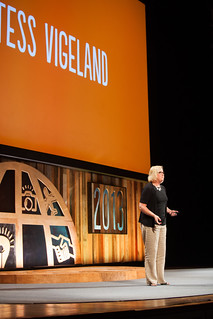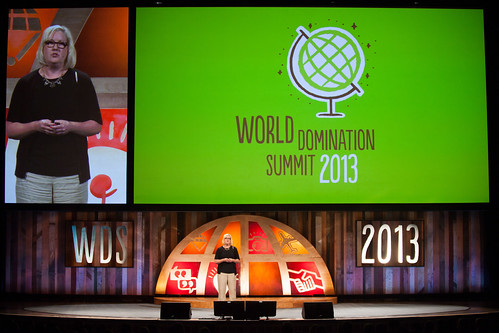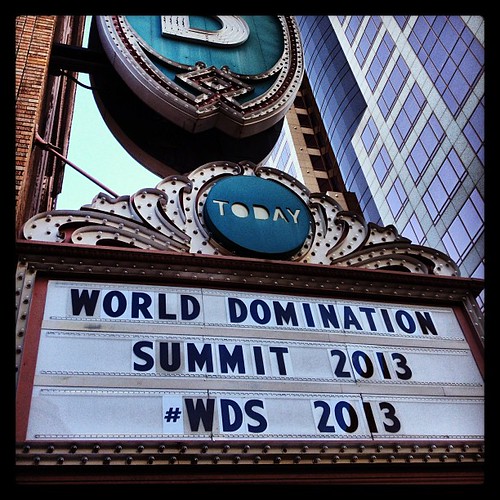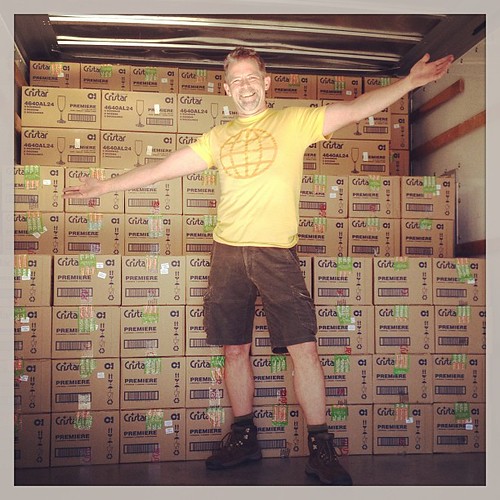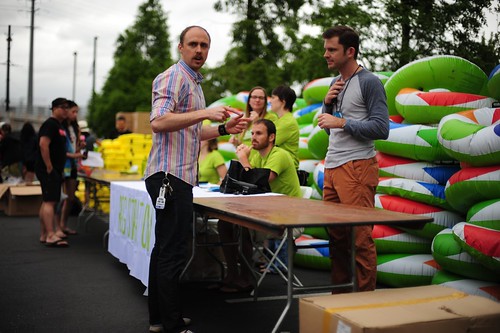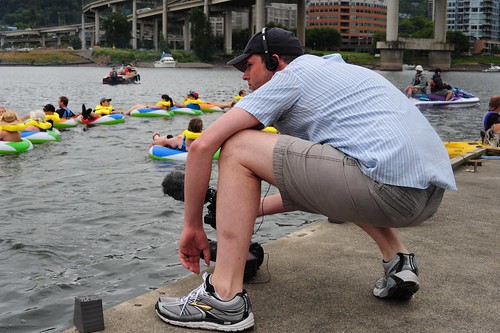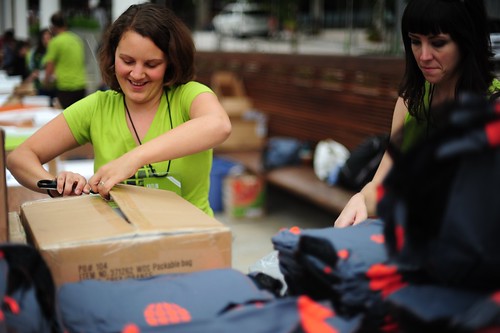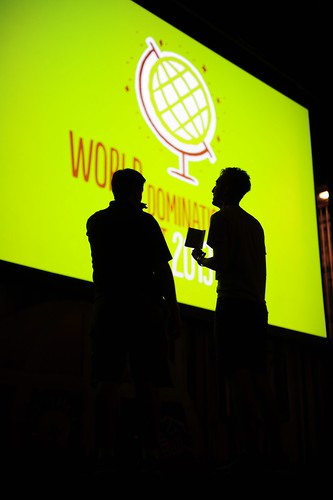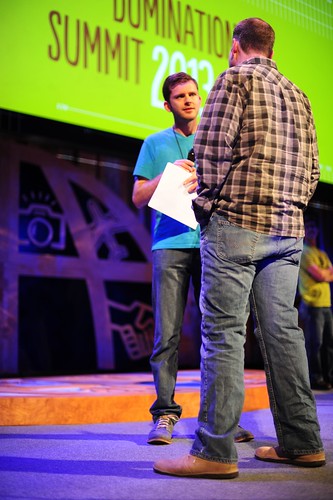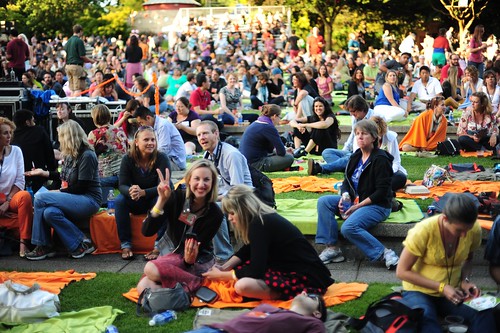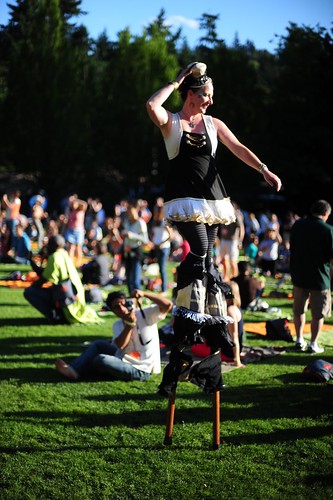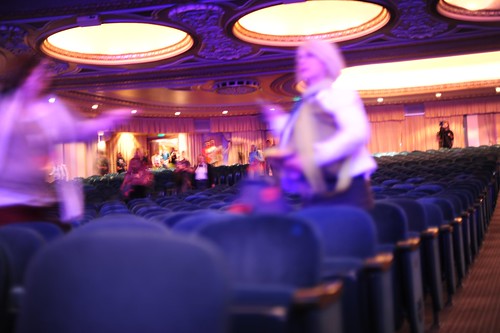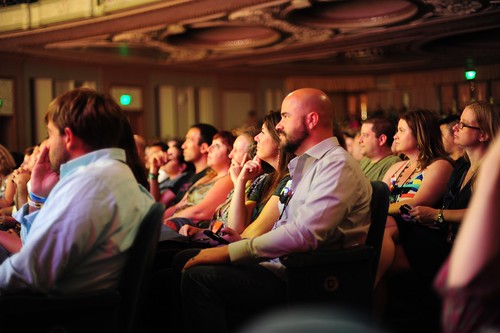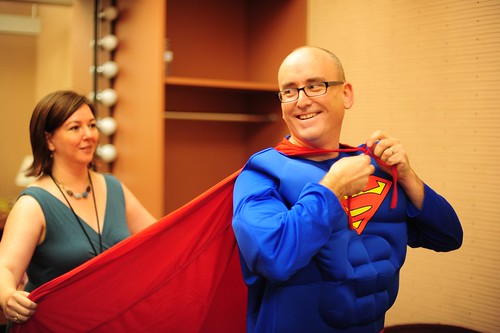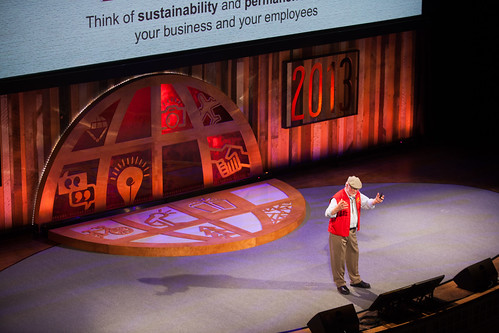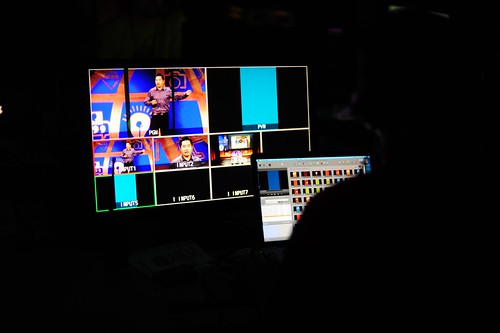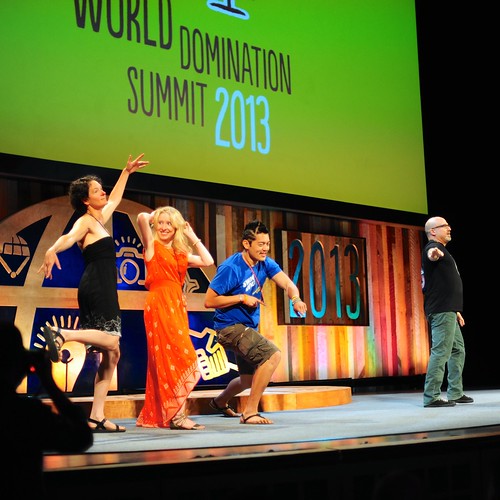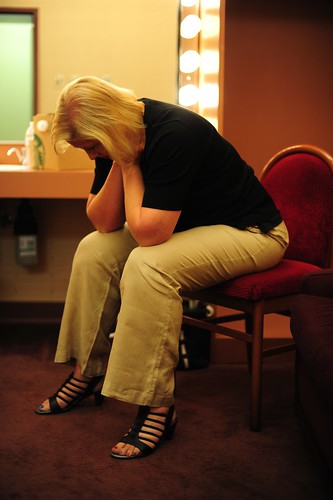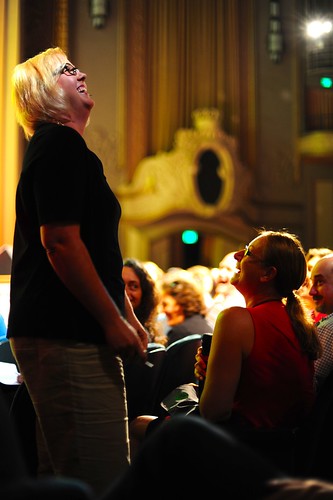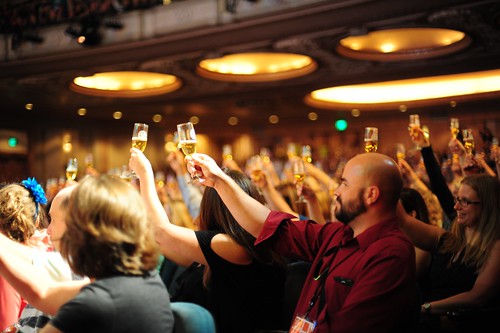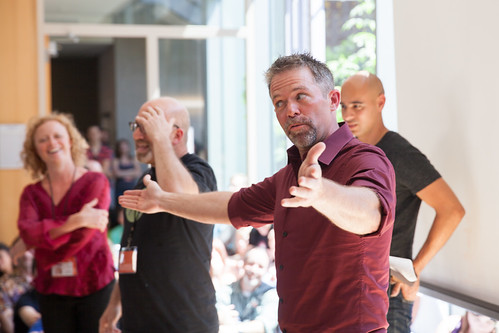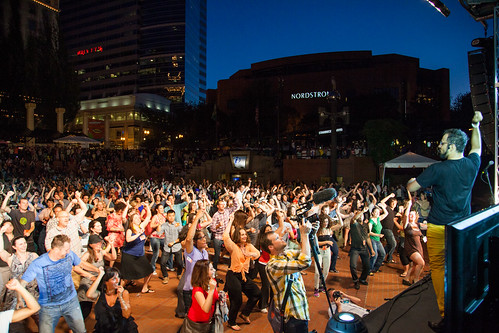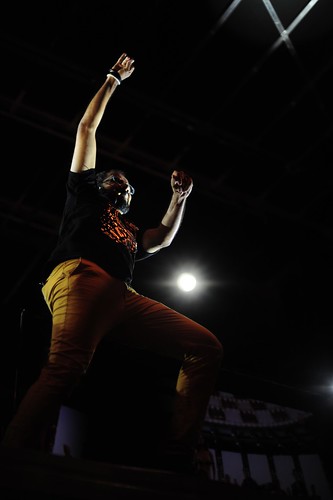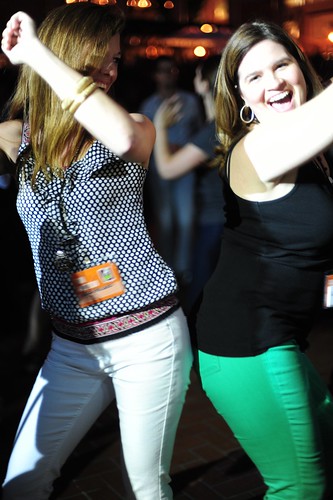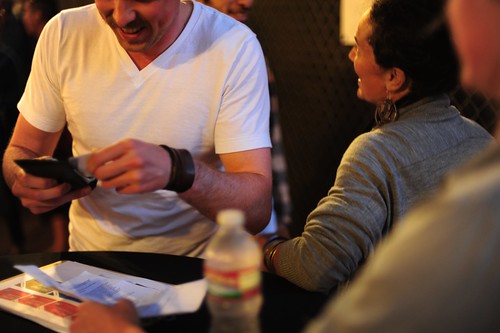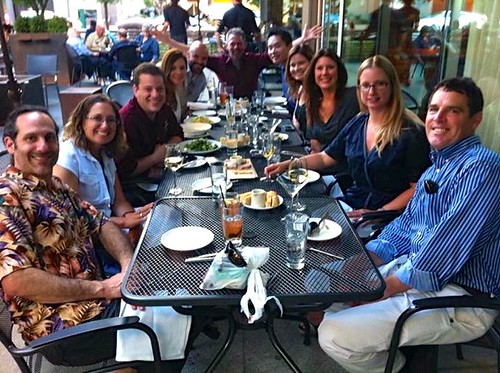Well, it’s official. Yesterday I signed the contract to resume writing at Get Rich Slowly. I’ll be supplying a minimum of two articles per month, though I hope to write more. In return, I’ll be paid nothing.
To some, this seems crazy. To others, it seems like I’m being a sucker. To me, it sounds like fun. Often my favorite projects are the ones done solely for passion, the ones where there’s no expectation of an immediate payoff or return.
No Immediate Payoff
Last January, I had a phone conversation with Seth Godin. I was excited to pitch him on the idea joining us at World Domination Summit as a speaker this year.
“Why should I do this?” he asked.
I explained that it was a chance to share his message with 3000 receptive influencers. He was unconvinced. (In retrospect, I understand. Unlike many of our speakers, Seth already has a huge platform. While I still think he’d benefit from speaking at WDS, he’d get less from it than other speakers might.)
Seth had another objection. “You’re asking me to do this for free,” he said. “Would you do this for free?”
“Yes. I did it for free last year,” I said.
“And how much are you paid to help organize the conference?”
“Nothing,” I said.
“See, I don’t get that,” he said. “Why would you do that? I understand why Chris does it. There’s a payoff for him, even if it’s not financial. He’s gathering his tribe. But what’s in it for you?”
I had no answer. There’s not anything in WDS for me — except that I love the event, and it makes me happy to help connect amazing speakers with a receptive audience. I get true joy from facilitating collaboration. It sounds hokey, but it’s true.
Ultimately, Seth didn’t speak at WDS, and I get it. He believes free speaking gigs undermine his industry, making it more difficult for him to find quality paid speaking gigs. He needs a concrete return on his investment of time. That makes perfect sense.
But I’m still willing to work on WDS — and other projects — without the expectation that I’ll receive anything in return.
Connecting and Collaborating
For much of the past two years, much of my work has been built around giving without the expectation of return.
As I’ve mentioned before, I meet with folks several times each week. I receive lots of email from readers and colleagues and complete strangers who want to have lunch or coffee. I agree to meet as many people as possible.
These meetings have become my real work. I spend an hour or two at a time talking about whatever my companion finds important. Last week over dinner, for instance, I discussed soccer and careers and ice cream with a fellow financial blogger. The next day, I met a reader for tea and we talked about games, about getting out of debt, and about starting a business. And the following day, I spoke with two folks by phone, exploring topics like fear and rejection and knowing when to quit.
I have no agenda for these meetings, and often nothing comes of them. But that’s okay. Other times, I get a great idea. Or my companion gets a great idea. And sometimes, I’m able to provide an introduction that could lead to a cool collaboration. (“Ramit Sethi, meet Jia Jiang. Jia Jiang, meet Ramit Sethi.”)
These meetings make me happy. I feel like I’m doing something good in the world. Plus, who knows? Maybe someday all of this connecting and collaborating will lead to the Next Big Thing.
Ulterior Motives
My return to Get Rich Slowly isn’t completely altruistic, I’ll confess. There’ll be no immediate monetary benefit, but I’m hopeful that there might be future positives that come from it.
Last week, Kim asked me to make a list of all the crazy plans that have been running through my head. “You have so many business ideas,” she said. “It’s hard to keep track of them all.”
I spent an hour jotting down the different things I’d like to do, like write another book (or three), start a new business, open a store that sells financial advice, and so on. When the list was finished, I was surprised to see that in order to pursue many of the ideas — especially those that matter most to me — it would helpful to write at Get Rich Slowly again. That sealed the deal. (Though, really, I was planning to return anyhow.)
Plus, I’ll admit: I’ve met a lot of cool financial bloggers over the past year (bloggers like Paula, Joe, MMM, and Kathleen), and I’m excited about interacting with them on a daily basis. Again, it’s a chance for connecting and collaborating. It sounds like fun!
I believe that a lot of good can come when you give without the expectation of return. You produce good in other people’s lives. Often, you receive unexpected benefits. But most of all, you make the world a better place.

